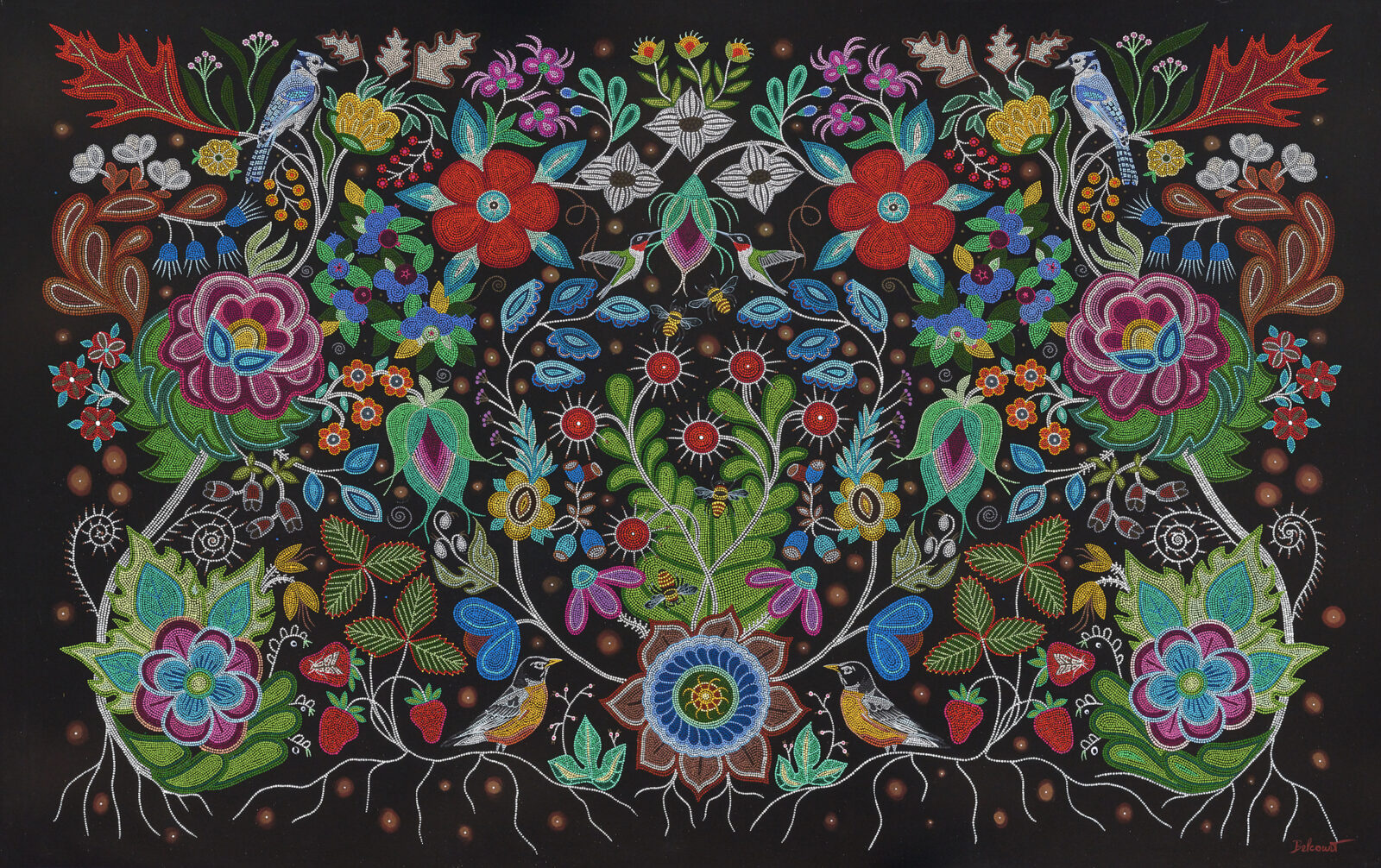It happened on the bus. I remember it vividly like a photograph etched in my memory.
In this photo, I am coming home from my job in downtown Ottawa. I sit in the window seat looking, my eyes over my right shoulder blindly staring out at the frozen river, snow covering all visible ground. It is the bleaker, deeper, and quieter part of winter when only the grey, salt-stained concrete contrasts the white snow and the trees stand skeletal in the bitter air. I feel the forced mechanical drone of the bus under my feet, about my head like vertigo. Bodies seemingly absent from experience sway back and forth as the bus rounds corners and they reel forward, then back at stops.
I wear sunglasses to hide from others eyes. I relive the past three months of seizures repeatedly going over and over the events to be sure it was not imagination, not my fault. There is a memory in the photograph, a memory in the memory. My now six month old daughter, my second child, has undergone the most invasive, extensive, expensive assessments available to modern medicine. I was told that I will have a severely and permanently disabled child as sibling to my bright, intelligent two year old son. Juxtaposition hovered on my lips. I now counted and timed the number and duration of seizures she had each day. I measured medications and researched interventions in some infinitely futile and powerless effort to stop a furious onslaught of unknown origin. The doctors shook their heads, mouthed sounds, and lowered their eyes.
In this photograph of memory, I look away, out of the salt-streaked window to the lifeless world mechanically moving frozen in a dream-like death march. Pathetic fallacy, I tell myself. Spring will come.
Some people on the bus read, some sleep, others chat with one another, their lives chugging along in routine. Another bus ride home, another dinner routine, another pattern of emotionless motion. I envy the routine dullness of everyday. From my place of hiding, I look and long for boredom, for moments empty of emotion.
And then it happens. Unannounced, unpredictable, and spontaneous, like some divine seizure, some electrocution given to thaw the salty and frigid anguish. It moves like an ocean wave curling and cresting over me from behind. This stealthy child of hope crashes into me, while I sit trying to unfeel the weight of my world, and it presses my body against the cold steel seat of my position. Like one compelled by water, I lift my head for air. In this photograph of memory, I feel myself gasp for breath. And then it happens. I feel the joy of life beginning to spring.
